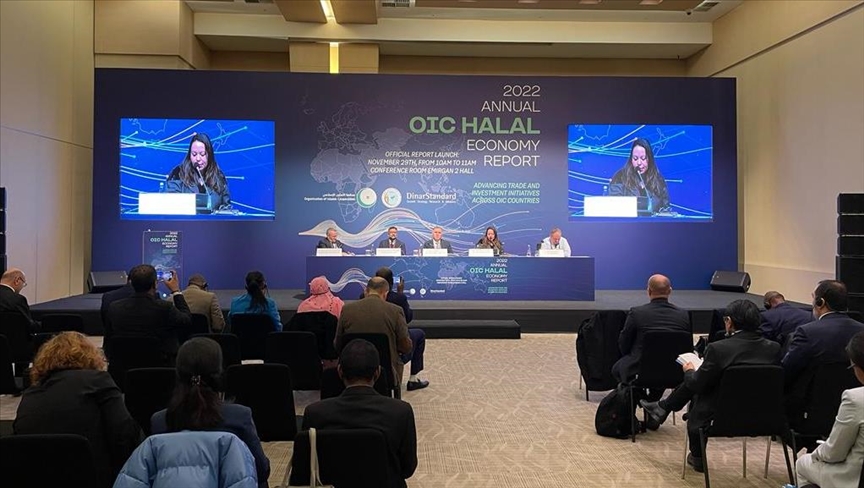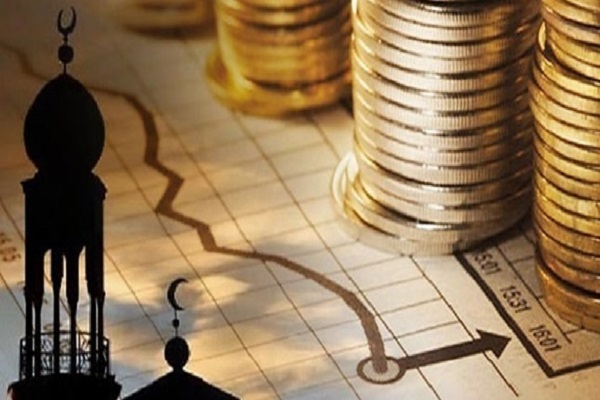
The government plans to launch the 2019-2024 Sharia Economy Masterplan on May 14, as a road map for the development of the sharia economy to support national economic development in the country that has the largest Muslim population on the planet.
The masterplan draft highlights four main strategic recommendations to develop the sharia economy in the country – strengthening halal products, sharia finance and micro, small and medium enterprises (MSMEs), as well as optimizing the digital economy.
The draft stresses the importance of optimizing the use of the digital economy in the form of e-commerce, marketplaces and financial technology.
Meanwhile, on the sharia finance, the Sharia Economy Masterplan is an improvement of the existing Indonesia Sharia Finace Architectre Masterplan (MAKSI).
National Development Planning Minister Bambang Brodjonegoro, who is also head of the National Development Planning Agency (Bappenas), said Indonesia, as a country with the largest Muslim population, should not only be a market of halal products.
“We need to develop the sharia economy through the halal industry. We need to optimize the local wisdom to benefit the global opportunity,” he said when speaking at the Indonesia Islamic Economy Festival (IIEFest) as quoted in a press statement on Friday.
In the draft, the aim of sharia economy development domestically was to expand the business scale and to improve independence and people’s welfare, while on the international level, Indonesia wants to upgrade its position on the Global Islamic Economy Indicator (GIEI). (bbn)



